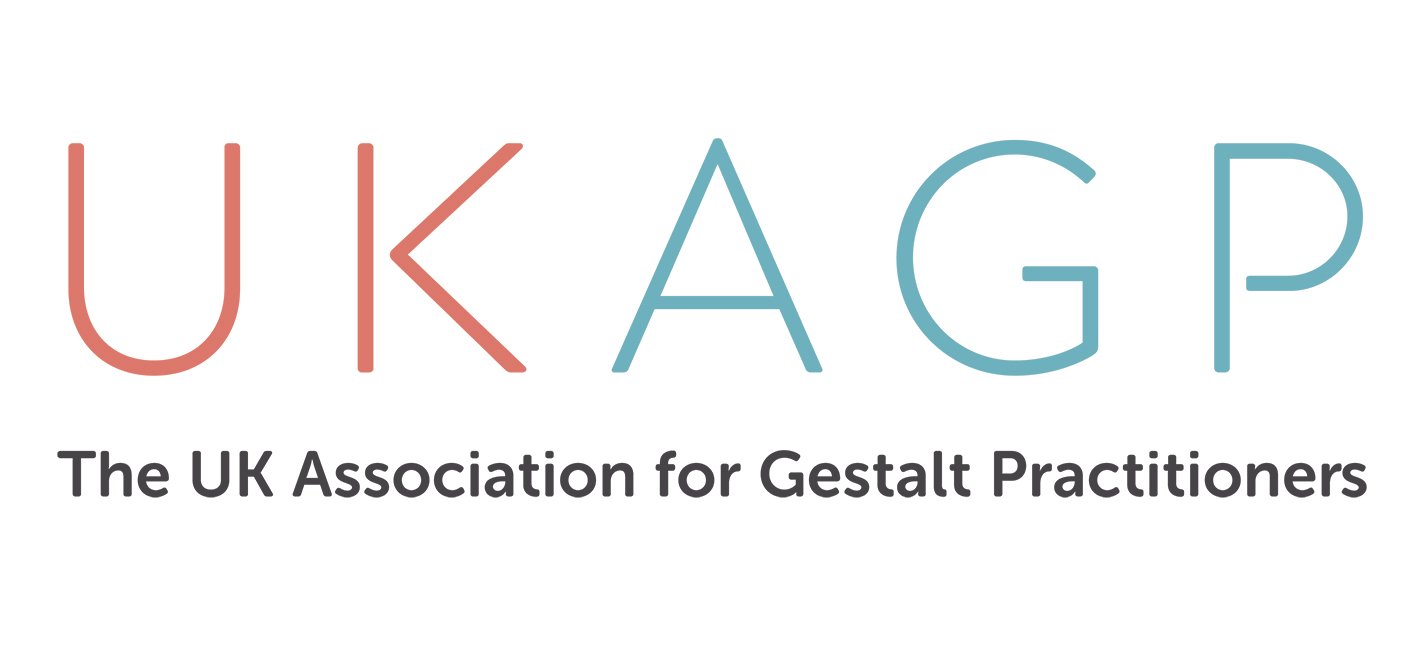Angela Mutum: Introduction to the Spring Newsletter
Photo by Zac Durant on Unsplash
When I sat down to review the contributions to this newsletter and write this introduction, I was so happy to see the photograph provided by Jenna Booth. It so perfectly captures the theme of this newsletter - dark and light - and meditating on the photograph helped to launch me into writing this piece. Jenna’s photo reflects in two ways the liminality inherent in our theme - the space between the light and the dark: it is a photo of sun and shadow and also land and sea. Thank you, Jenna!
I was also delighted to find contributions celebrating darkness as that was the attitude with which I came to writing this introduction. Like Karen Nimmo, “I want to appreciate the darkness, not in relation to its opposite of light, or the potential in it. Or all the other ways we try and lighten it up. I don’t want to make it brighter.”
I have come to appreciate the darkness more since I left employment. When I had a job, I was forced to remain alert under the harsh, artificial lights of the office until well after the winter dusk. Now, spending much more time at home, although I have the lights in my flat programmed to come on at dusk, I keep them very dim so as not to interrupt too much the gradual darkening of the day. I close the curtains the moment the lights come on. I look forward to performing this daily ritual and enjoying the liminal space between the afternoon and evening of the day. The transition from afternoon to evening is gradual, not forced, as it was when I left the artificial light of the office and went out into the darkened streets before plunging into the perpetual twilight of the London underground.
Like Lucy Powell, I want to speak in defence of the darkness. I too have found the darkness truly fertile, nourishing and restorative this winter. I have come to accept it, adapt to it and lean into it and its positive qualities have revealed themselves to me as a consequence, I feel. It is still a mystery to me what will unfold from my leaning into the darkness but perhaps that sense of life’s mystery - of death and rebirth (both literal and metaphorical) is itself a revelation and a learning from a winter of bathing in the darkness rather than swimming against its tide, sitting in the transition from Winter to Spring rather than rushing forward towards the new season.
The theme of “Time, a relentless march, an incessant dance.” (to quote Nightingale Jennings’ poem) is very pertinent to me as I approach my 60th birthday in 2024. I remember as a child of about 10 at school working out when I would turn 60 and struggling with the arithmetic. It seemed incredible that I had done the sums correctly. How could 2024 ever happen? But here it is. And already it is almost one quarter done.
Dusk is much later now and my afternoon ritual has changed. I am also inspired to do more housework as the March 2024 light reveals the dust in the neglected corners of my flat. I have a sense of being renewed and reborn in my 60th year after a number of years in the darkness of the pandemic, the menopause and the loss of the meaning which I gave to my life under the office’s artificial light.
I have a sense of my own inner light guiding me in the present and towards the future.
Angela Mutum
Member of the editorial committee of the UKAGP Newsletter
angelajm2609@zoho.com

